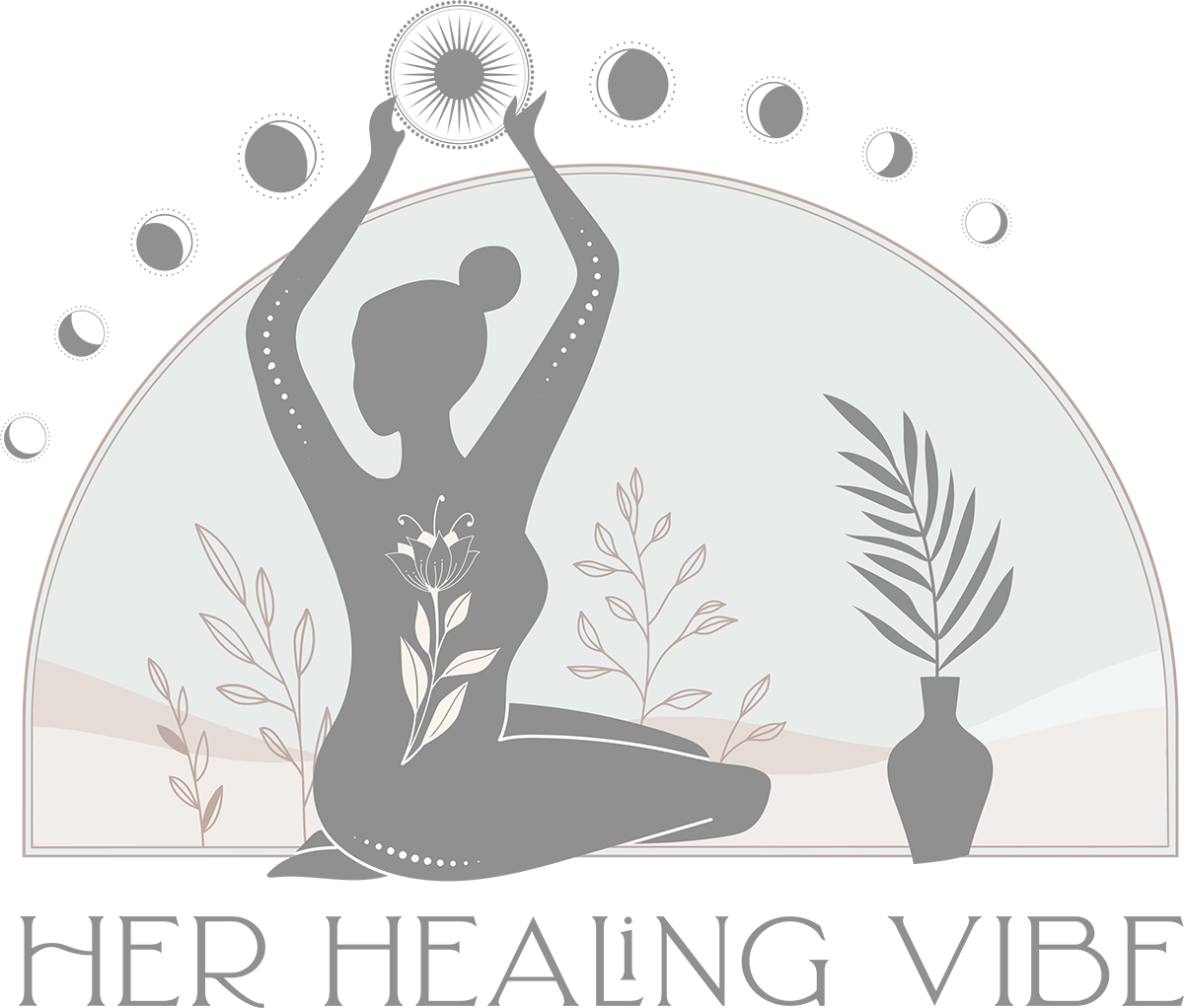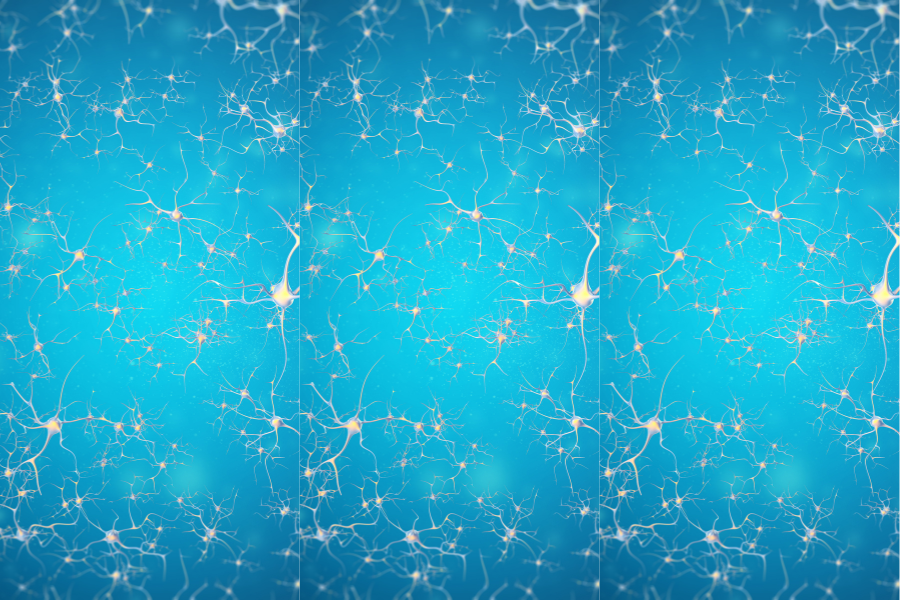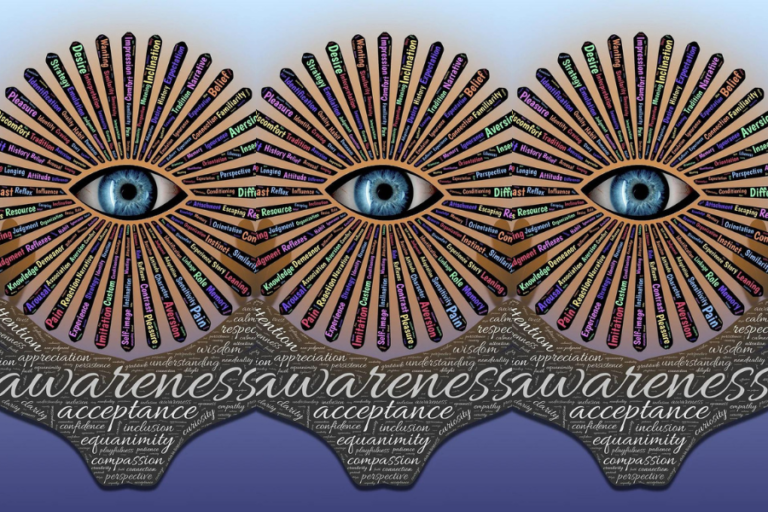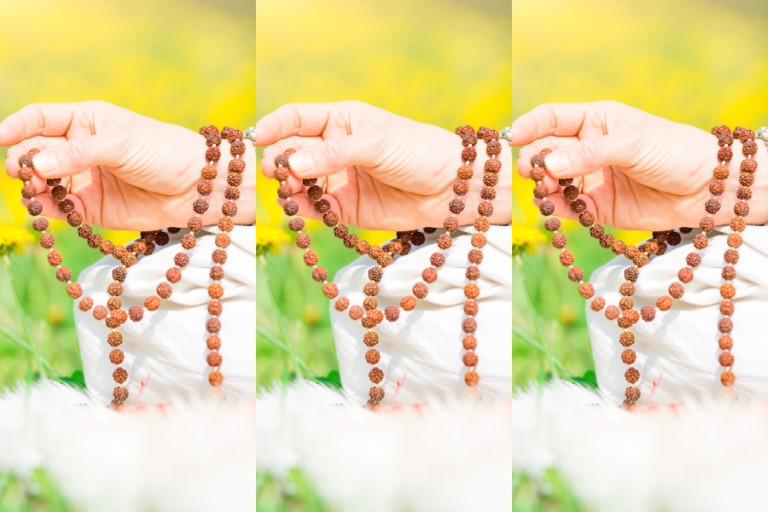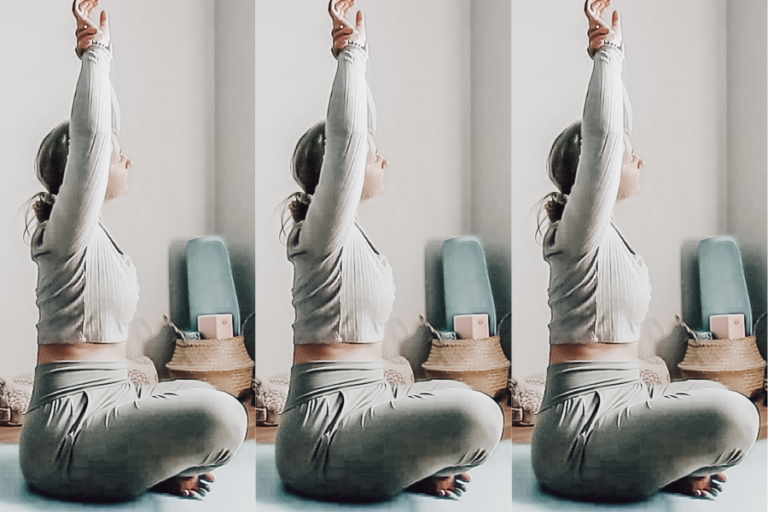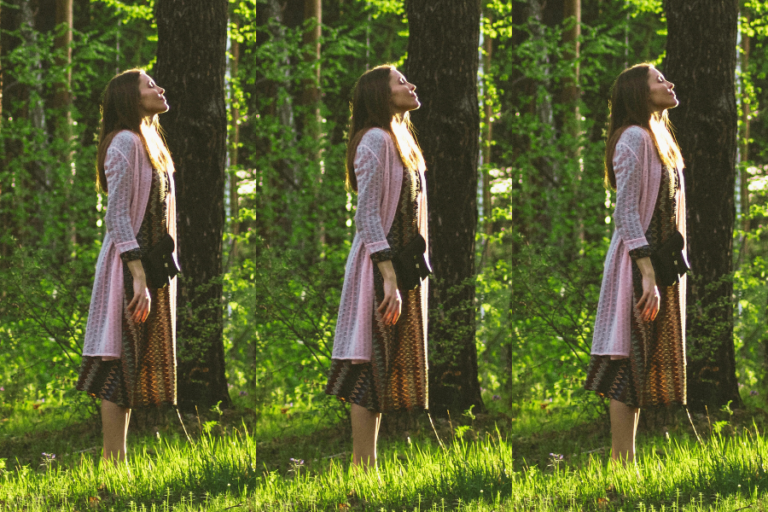Understanding the Basics of the Nervous System and Polyvagal Theory
Want to know more about the basics of the nervous system? In this blog post, I’m delving into something a bit geekier than usual, but trust me, it’s fascinating stuff. I’ve written it in a way that’s super easy to understand, especially if you’ve ever felt lost trying to wrap your head around the nervous system. We’re going to dive into the Polyvagal Theory, breaking down its core concepts and exploring how it can help us manage stress, regulate our emotions, and build psychological resilience. Whether you’re a mental health pro, an educator, or just someone curious about how our nervous system affects our well-being, this guide is packed with insights and practical tips that you’ll find really valuable.
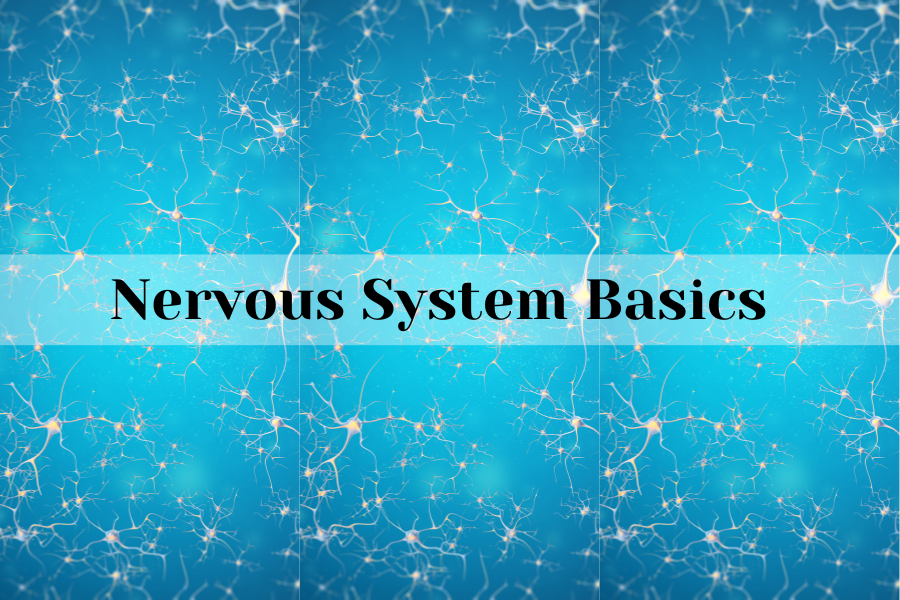
The nervous system is a complex and intricate network that plays a vital role in regulating our body’s functions and responses. Understanding the basics of the nervous system, particularly the polyvagal theory, can provide valuable insights into our physical and emotional well-being.
At its core, the polyvagal theory offers a deeper comprehension of our body’s autonomic nervous system and its influence on our experiences of safety, connection, and social engagement. By exploring this theory, we can uncover the ways in which our nervous system responds to various stimuli and environments, ultimately shaping our behavioral and emotional responses. Make sure to read to the end for a deeper dive into this fascinating topic!
This post is all about the basics of the nervous system.
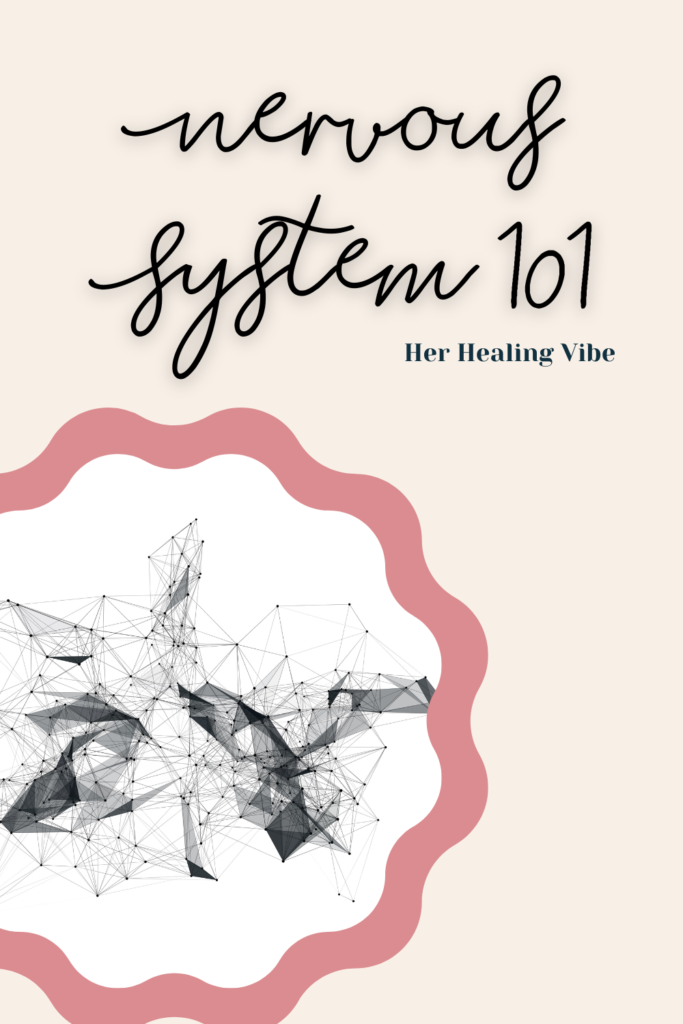
The Basics Of The Nervous System
My Thoughts on the Polyvagal Theory
During my experience in the womb circle facilitator training led by Womben Wellness and the incredible Usha Anandi, I was introduced to the fascinating Polyvagal Theory. Exploring this theory has given me a whole new perspective on the nervous system and how it influences our emotions. I’m really excited to share what I’ve learned because I think it has the potential to benefit so many people in meaningful ways.
Understanding Polyvagal Theory
The Polyvagal Theory, developed by Dr. Stephen Porges, delves into the intricate workings of the autonomic nervous system. It provides a framework for comprehending how our nervous system responds to various stimuli, influencing our social engagement, stress responses, and overall well-being.
Implications for Emotional Well-Being
One of the remarkable aspects of the Polyvagal Theory is its emphasis on the role of the vagus nerve in regulating our physiological and emotional states. Understanding how our nervous system functions can significantly contribute to our ability to manage stress, cultivate resilience, and foster healthier connections with others.

Exploring Further
If the Polyvagal Theory piques your interest, I highly recommend delving deeper into this subject. Exploring courses or books related to the theory can be truly transformative. The insights gained from such resources can provide valuable tools for navigating life’s complexities and nurturing a greater sense of well-being.
By incorporating the principles of the Polyvagal Theory into our lives, we can gain a deeper understanding of our own neural responses and cultivate meaningful connections with those around us. The potential for personal growth and enhanced emotional well-being through the understanding of this theory is truly remarkable.For more information on the Polyvagal Theory, I recommend exploring reputable sources such as The Polyvagal Institute and Dr. Stephen Porges’ publications.
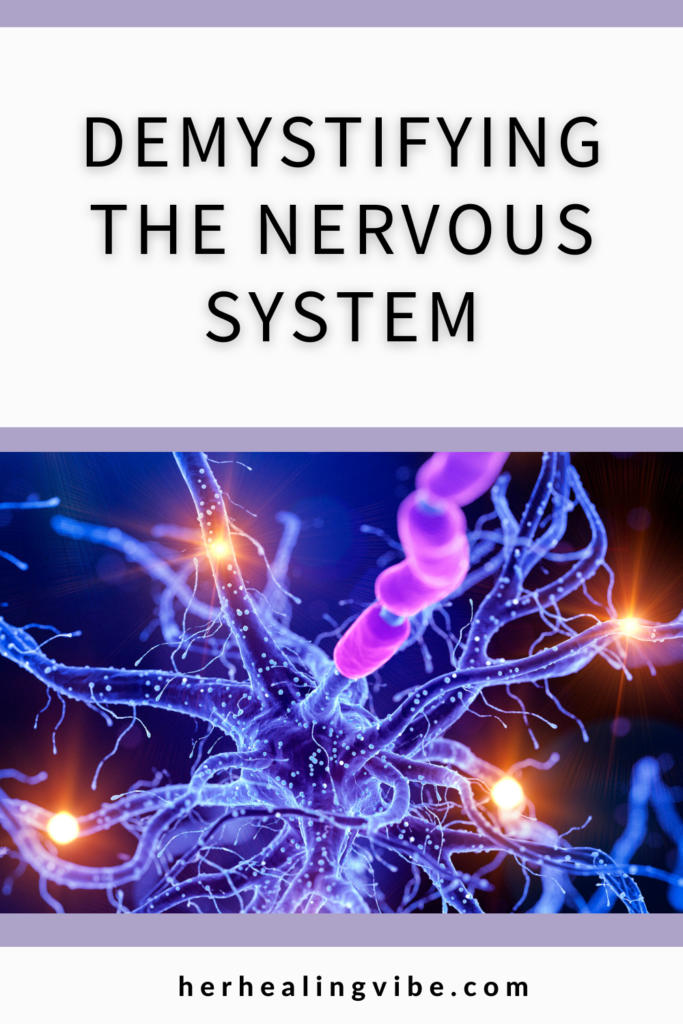
The Nervous System: An Overview
The nervous system is a complex network that plays a crucial role in regulating and coordinating the body’s functions. It is responsible for processing sensory information, controlling movement, and maintaining homeostasis. Understanding the basics of the nervous system can provide insights into how the human body responds to various stimuli and maintains overall well-being.
Central Nervous System (CNS)
The Central Nervous System (CNS) serves as the command center of the body, consisting of the brain and spinal cord. The brain interprets and processes information received from the sensory organs, enabling cognitive functions such as thinking, memory, and emotions. Meanwhile, the spinal cord acts as a relay between the brain and the rest of the body, facilitating motor functions and reflexes. The CNS plays a pivotal role in regulating voluntary movements and involuntary actions, ensuring seamless communication between different parts of the body.
Peripheral Nervous System (PNS)
The Peripheral Nervous System (PNS) extends from the CNS and encompasses the nerves and ganglia outside of the brain and spinal cord. It serves as the communication network, conveying information between the CNS and the limbs, organs, and external environment. The PNS can be further divided into the somatic nervous system, responsible for voluntary muscle movements, and the autonomic nervous system, which controls involuntary bodily functions such as heartbeat and digestion. This intricate network enables the body to receive sensory input, process information, and generate appropriate responses, contributing to overall adaptability and survival.
By understanding the central and peripheral components of the nervous system, we gain valuable insights into the intricate mechanisms that govern human behavior, bodily functions, and overall well-being. The interconnectedness of the CNS and PNS showcases the remarkable adaptability and responsiveness of the human body to internal and external stimuli, highlighting the intricate balance between cognitive processes, sensory input, and motor responses.
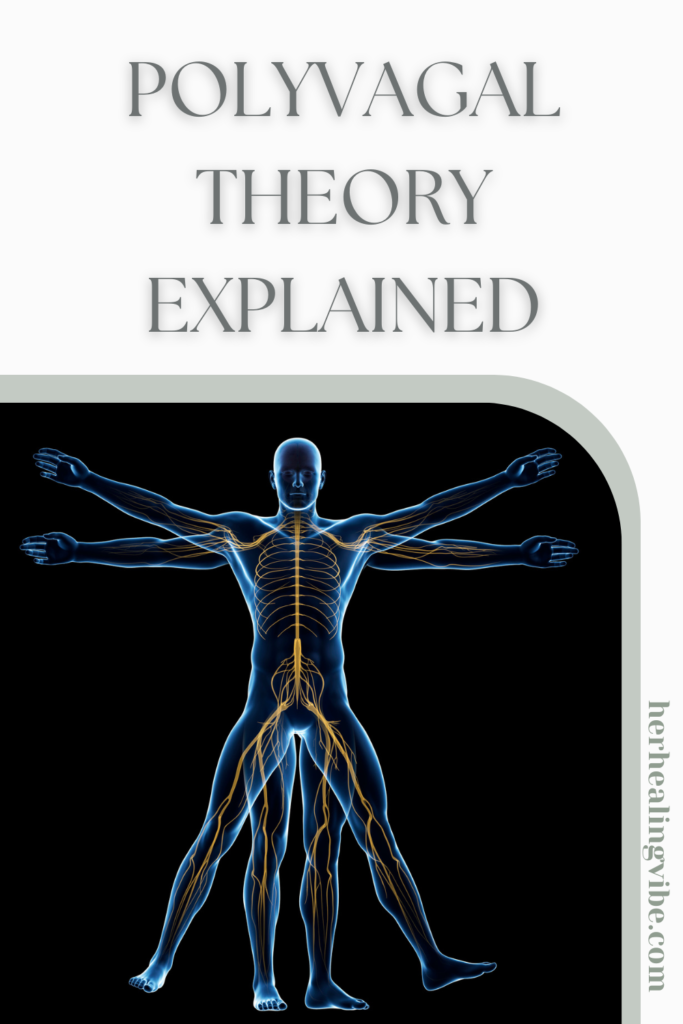
The Polyvagal Theory: A Revolutionary Perspective
Understanding the nervous system is crucial in comprehending how our bodies respond to various stimuli. The Polyvagal Theory, proposed by Dr. Stephen Porges, offers a revolutionary perspective on the way our nervous system functions, emphasizing the evolutionary perspective, three neurophysiological states, and the role of the vagus nerve.
Evolutionary Perspective
The Polyvagal Theory delves into the evolution of the autonomic nervous system, tracing its roots back to our early vertebrate ancestors. By examining the evolutionary changes in the nervous system, we gain insight into the adaptive functions and responses that have been preserved over time.
Three Neurophysiological States
This theory delineates the three neurophysiological states that shape our responses to stress and social engagement: the ventral vagal, sympathetic, and dorsal vagal systems. Each system plays a distinct role in regulating physiological processes and influencing our behavioral and emotional responses.
The Vagus Nerve
At the core of the Polyvagal Theory lies the vagus nerve, a key player in regulating autonomic functions and influencing social behavior. Understanding the intricate functions of the vagus nerve unlocks the connection between our physiological state and our emotional experiences, shedding light on the profound impact of this vital nerve on our overall well-being.
For further exploration of the Polyvagal Theory and its implications, you can refer to The Polyvagal Theory Explained on Psychology Today and Stephen Porges’ Polyvagal Theory on the official website of Dr. Stephen Porges.
Stay tuned for the upcoming sections that will delve deeper into the practical applications and implications of the Polyvagal Theory.

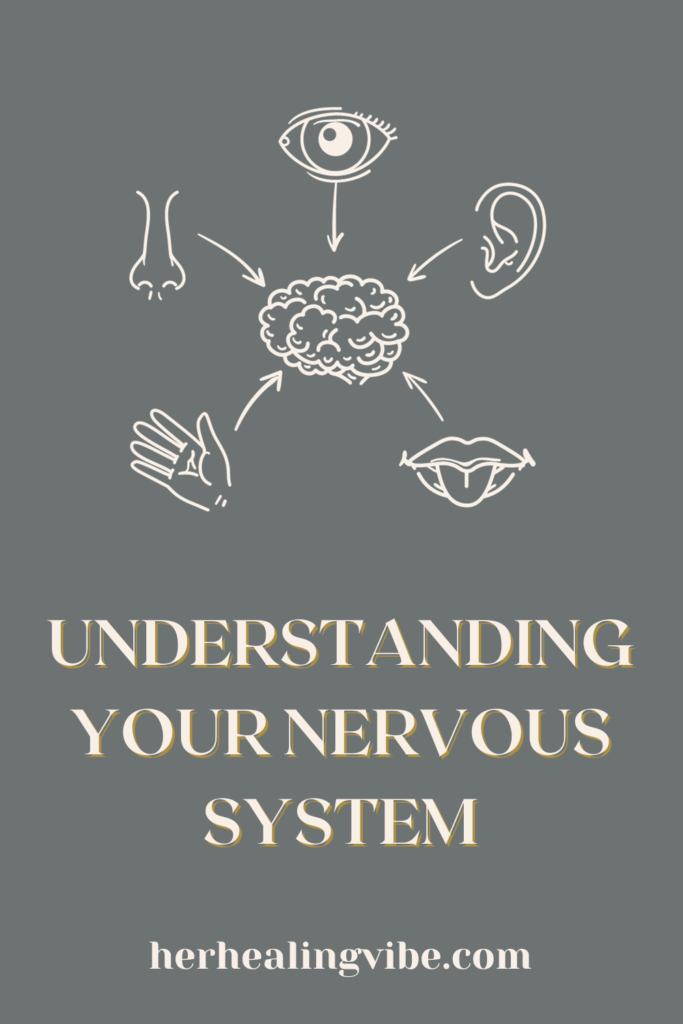
Polyvagal Theory and Human Behavior
The Polyvagal Theory is a fascinating framework that helps us understand how our nervous system influences our behavior and social interactions. This theory, developed by Dr. Stephen Porges, provides valuable insights into the connection between the nervous system and human behavior.
Impact on Stress Response
The Polyvagal Theory highlights the crucial role of the autonomic nervous system in regulating our responses to stress. It emphasizes the intricate interplay between the sympathetic and parasympathetic branches of the nervous system in determining our reactions to perceived threats. Understanding this interplay can shed light on why individuals may respond differently to stressors, ranging from fight-or-flight responses to immobilization and shutdown.
Moreover, the theory underscores the significance of seeking safety and connection as a fundamental part of our stress response. By recognizing the influence of our nervous system on our reactions to stress, we can cultivate strategies to promote resilience and adaptive coping mechanisms.
Social Engagement and Relationships
A key aspect of the Polyvagal Theory is its focus on social engagement and its impact on our overall well-being. The theory asserts that the evolution of the mammalian nervous system has led to the development of sophisticated social behaviors aimed at promoting connection and social co-regulation. These behaviors, such as facial expressions, vocal intonation, and gestures, play a pivotal role in fostering social bonding and communication.
Understanding the neurobiological underpinnings of social behavior can offer profound insights into the complexities of human relationships. By acknowledging the role of our nervous system in shaping our social interactions, we can enhance our empathy, communication skills, and relational attunement, ultimately strengthening the fabric of our connections with others.
Emotional Regulation
The Polyvagal Theory elucidates the intricate mechanisms through which the nervous system modulates emotional regulation. It emphasizes the role of the vagus nerve in orchestrating physiological states that influence our emotional experiences. By fostering an understanding of the polyvagal pathways, we can comprehend how our nervous system shapes our emotional responses and coping strategies, thereby influencing our overall emotional well-being.
Moreover, the theory underscores the importance of cultivating practices that promote vagal tone, such as mindful breathing, social engagement, and soothing rhythmic activities. These practices can contribute to enhancing emotional resilience and promoting adaptive emotional regulation, empowering individuals to navigate life’s challenges with greater equanimity and composure.
In conclusion, the Polyvagal Theory offers profound insights into the intricate interplay between the nervous system and human behavior. By embracing the principles of this theory, we can foster a deep understanding of our stress responses, social interactions, and emotional regulation, thereby empowering ourselves to lead fulfilling and connected lives.
Clearly, the Polyvagal Theory unveils the profound influence of our nervous system on our behaviors, emotions, and relationships, inviting us to embark on a journey of self-discovery and interpersonal understanding grounded in the principles of neurobiological interconnectedness.
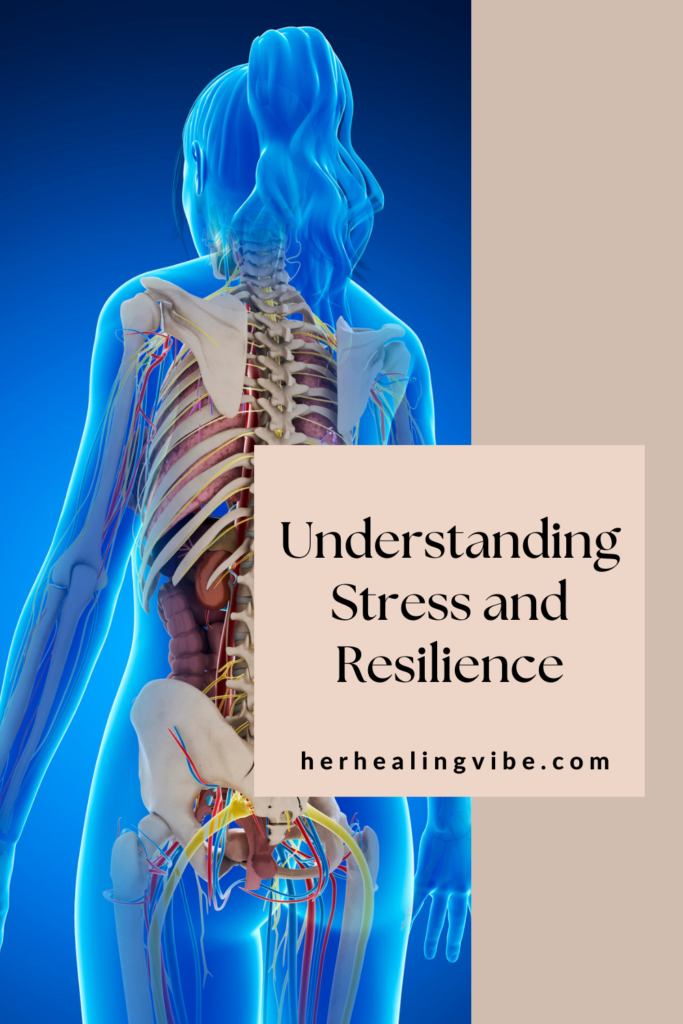
Practical Implications and Applications
Understanding the practical implications and applications of polyvagal theory can have a profound impact on therapeutic interventions and self-regulation techniques.
Therapeutic Interventions
Therapeutic interventions based on polyvagal theory focus on creating a safe and supportive environment for individuals. This may involve techniques such as mindfulness practices, deep breathing exercises, and expressive arts therapies. By leveraging an understanding of the body’s nervous system responses, therapists can tailor interventions to help clients regulate their autonomic states, facilitating a sense of safety and connection.
Self-Regulation Techniques
Self-regulation techniques informed by polyvagal theory empower individuals to recognize and modulate their own physiological and emotional states. These may include practices such as diaphragmatic breathing, progressive muscle relaxation, and grounding exercises. By incorporating these techniques into daily routines, individuals can enhance their capacity to self-soothe and manage stress responses, fostering resilience and well-being.
By integrating polyvagal theory into therapeutic interventions and self-regulation techniques, professionals and individuals alike can cultivate a deeper understanding of the nervous system’s role in shaping emotional experiences and relational dynamics.
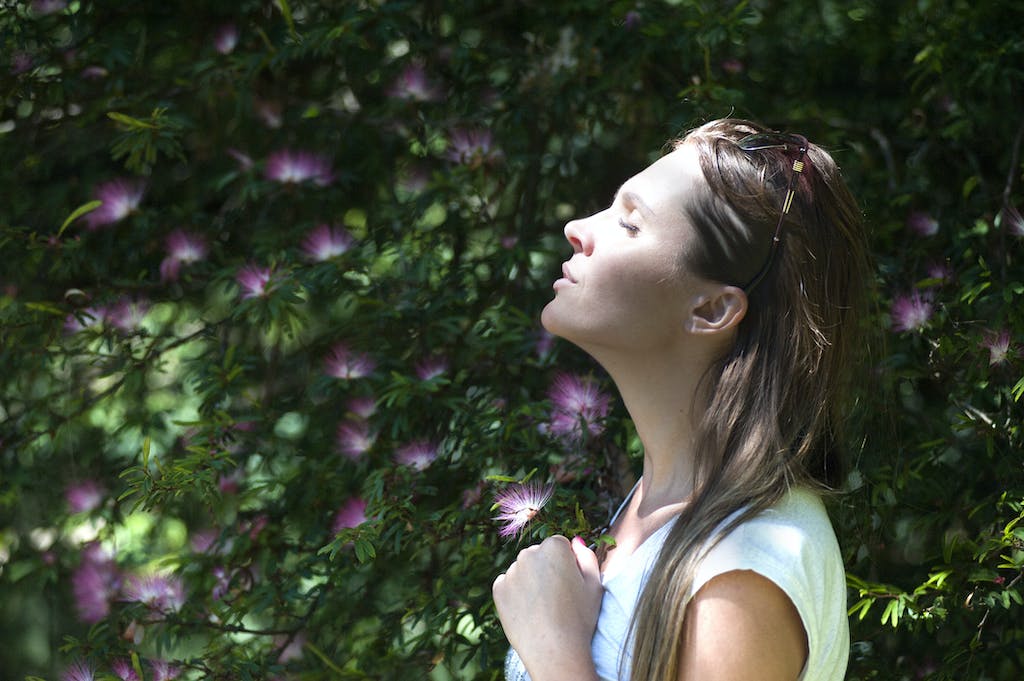
Future Research and Developments
Research on the polyvagal theory is an ever-evolving field, and numerous exciting developments are shaping the future of our understanding of the nervous system and its impact on health and well-being.
Behavioral and Clinical Studies
Ongoing behavioral and clinical studies continue to expand our knowledge of the polyvagal theory’s implications for mental health, social behavior, and emotional regulation. Researchers are delving into the potential applications of polyvagal theory in therapeutic interventions for anxiety, trauma, autism spectrum disorders, and other conditions, offering promising avenues for enhancing psychological well-being.
Integrative Approaches and Holistic Interventions
The integration of the polyvagal theory with complementary and alternative medicine practices, such as yoga, meditation, and biofeedback, presents a burgeoning area of exploration. By combining insights from the polyvagal theory with holistic interventions, researchers are exploring new avenues for promoting nervous system regulation and overall well-being.
As researchers continue to deepen their understanding of the polyvagal theory, these developments hold the potential to revolutionize the way we approach mental health, interpersonal relationships, and overall wellness.

Conclusion
I hope you found this blog post interesting! Remember, this was just a short, brief overview. If you’re intrigued by this topic, I strongly recommend diving deeper into it. Understanding the basics of the nervous system and the polyvagal theory is crucial for anyone looking to improve their mental and emotional well-being. By recognizing the role of the vagus nerve in regulating our responses to stress and social engagement, we gain deeper insight into our own reactions and behaviors. This knowledge empowers us to cultivate greater self-awareness and develop effective strategies for managing our physiological and emotional states. As we continue to explore the intricacies of the nervous system and its impact on our daily lives, we open up new possibilities for personal growth and holistic wellness.
This Post Was all About The Basics Of The Nervous System
I hope this post brought some healing vibes your way! Check out these other posts you may like:
